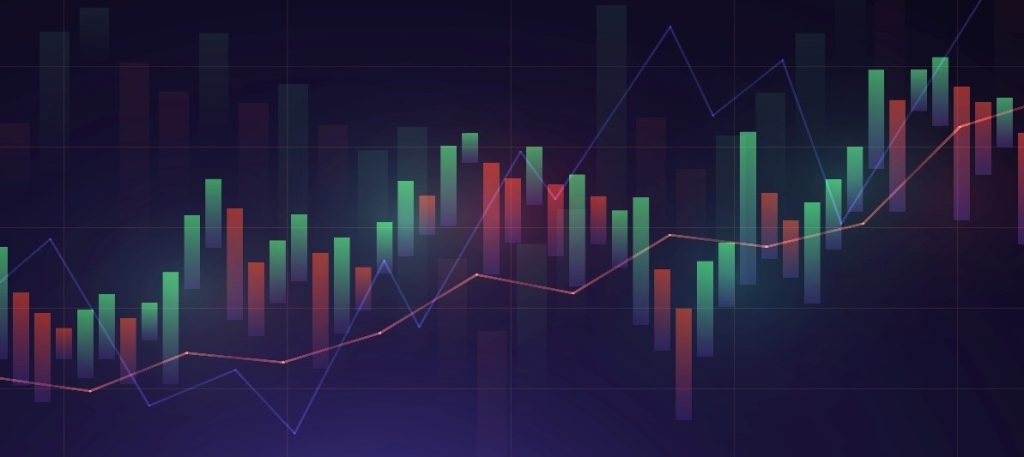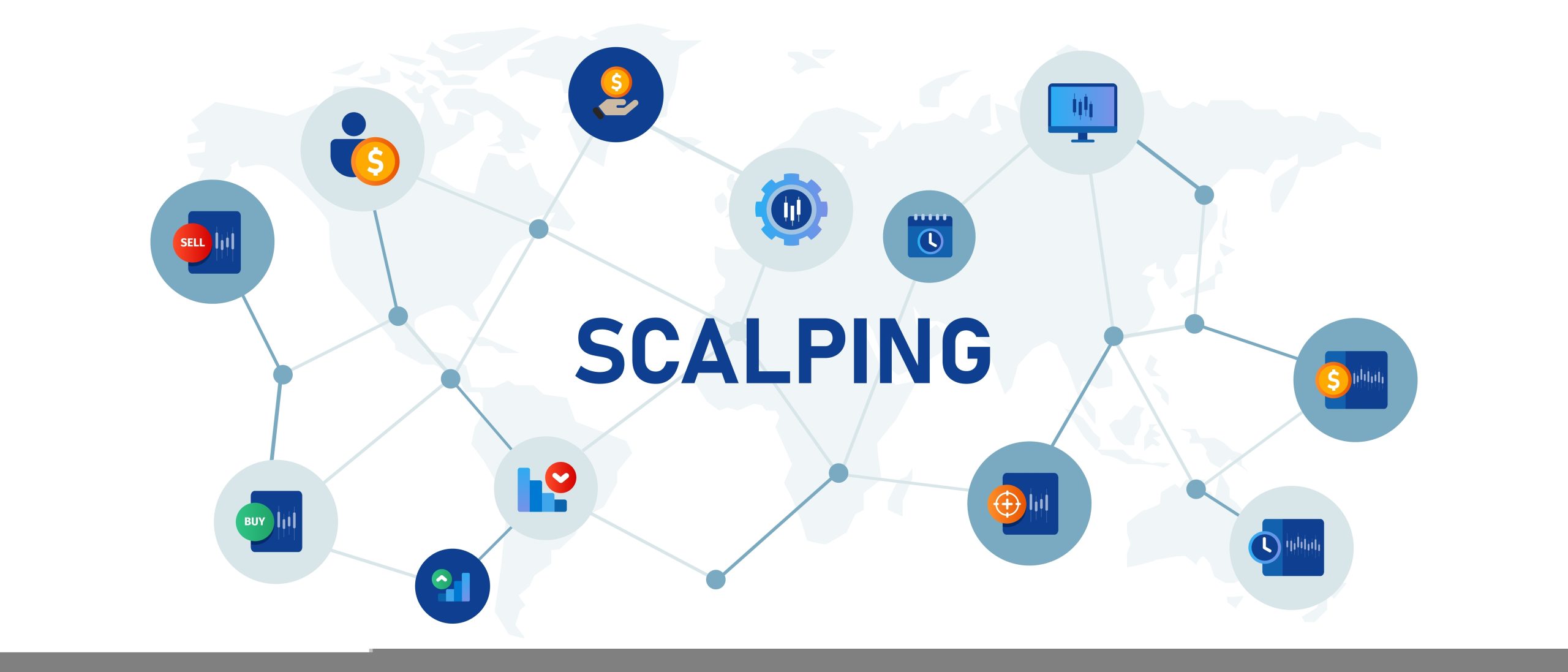Scalping trading is a high-speed forex trading technique where traders execute numerous trades daily to capitalize on minor price fluctuations. Those engaged in scalping trading aim to make quick profits by holding positions for just a few seconds or minutes before closing them.
But is scalping trading an effective approach for all traders? This article breaks down what scalping in trading involves, its mechanics, and whether it aligns with different trading styles.
Understanding the Scalping Trading Strategy
The meaning of scalping trading refers to a short-term approach where traders rapidly enter and exit trades, targeting small but frequent gains. Since scalping trading in forex requires sharp execution and strategy, traders rely on real-time market data and technical analysis for decision-making.
Key features of a scalping trading strategy include:
✅ Frequent Trades: Multiple trades occur within a single trading session.
✅ Short Holding Duration: Trades may last from a few seconds to a few minutes.
✅ Small Profit Margins: Typical gains can vary, often ranging from a few to several pips per trade, depending on the strategy and market conditions.
✅ Leverage Utilization: Many scalpers use leverage to enhance returns.
✅ Technical Tools: Indicators like Bollinger Bands, RSI, and moving averages guide trading decisions.
How Scalping Trading Works in Forex
To understand what scalping trading is, let’s look at an example. A trader purchases EUR/USD at 1.1050 and exits at 1.1060, securing a 10-pip gain. Though the profit per trade is minimal, scalpers execute many such trades daily, leading to substantial earnings over time.
Forex scalping strategies often incorporate strict stop-loss orders to manage risk effectively. Many scalpers use automated trading solutions, such as algorithmic trading and expert advisors (EAs), to execute trades based on predefined parameters like price action, volume, and volatility.

Best Currency Pairs for Scalping Trading
Scalping trading in forex requires high liquidity and volatility. The most commonly traded pairs for scalping include:
- EUR/USD – Euro vs. US Dollar
- USD/JPY – US Dollar vs. Japanese Yen
- GBP/USD – British Pound vs. US Dollar
- USD/CHF – US Dollar vs. Swiss Franc
- USD/CAD – US Dollar vs. Canadian Dollar
- AUD/USD – Australian Dollar vs. US Dollar
These currency pairs feature tight spreads and high market activity, making them ideal for a scalping trading strategy.
Advantages of Scalping Trading
Scalping trading offers several benefits, particularly for traders who prefer a dynamic and fast-moving trading approach.
✅ Rapid Profits: Traders capitalize on small price movements several times per day.
✅ Lower Market Risk Exposure: Short holding times reduce exposure to major price swings.
✅ Highly Liquid Market: The forex market’s liquidity ensures swift trade execution.
✅ Primarily Technical Trading: Scalpers focus on price action and technical indicators rather than fundamental analysis.
Disadvantages of Scalping Trading
Despite its appeal, scalping trading presents several challenges.
❌ High Leverage Risks: While leverage can increase gains, it can also magnify losses.
❌ Increased Trading Costs: Frequent trades lead to higher spreads and commission fees.
❌ Time-Intensive: Scalping requires constant market monitoring and quick decision-making.
❌ Psychological Pressure: The fast-paced nature of scalping can be stressful and demanding.

The Risks of Leverage in Scalping Trading
Leverage amplifies a trader’s exposure by allowing them to control larger positions with a small capital investment. However, this also increases the potential downside. For instance, if a trader with a $1,000 balance uses 10:1 leverage, they control a $10,000 position. Even minor price fluctuations can trigger margin calls or liquidations, especially if stop-losses are not properly managed.
What is scalping in trading? It is a high-frequency forex trading strategy aimed at securing small but rapid profits through frequent trades. While scalping trading in forex presents exciting opportunities, it necessitates discipline, a robust strategy, and efficient risk management. Those who develop effective scalping trading strategies can leverage this approach successfully, but it may not be suitable for every trader.
For traders who thrive in a fast-moving trading environment, scalping trading can be an effective forex strategy. However, success requires patience, precision, and a deep understanding of price movements.





Leave A Comment